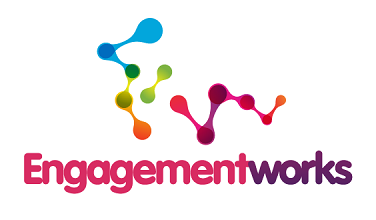At the end of last year I attended an event where the guest speaker was a Senior Member of Parliament.
One of the things he was excited about was how social media was going to be used by his party to enhance interactions with the New Zealand electorate in general and young people in particular. Presumably this activity was believed to boost their performance against other contenders in opinion polls and ultimately in ballot boxes. A blog I wrote at that time can be found here http://bit.ly/1v93UZp.
So what’s the current state of play about how political parties are using social media to drive awareness of themselves and their policies?
While there’s a lot of noise, including some coming from song writers penning catchy songs about political leaders, most of the social media chatter about the election is coming from “professional” bloggers and people wedded to a particular political party, rather than from the parties themselves. Some of this is entertaining or informative. Some is born of distrust or hatred. Some is tedious.
Is any of this making a difference? Do potential voters believe that political parties are interested in their views, whether through social media or any other channels? Not by my assessment of what I’m reading and observing online.
If data from New Zealand’s 2011 general election is to be believed, the biggest slice of registered voters are those who choose not to vote at all – about one third of the pie.
One of the things he was excited about was how social media was going to be used by his party to enhance interactions with the New Zealand electorate in general and young people in particular. Presumably this activity was believed to boost their performance against other contenders in opinion polls and ultimately in ballot boxes. A blog I wrote at that time can be found here http://bit.ly/1v93UZp.
So what’s the current state of play about how political parties are using social media to drive awareness of themselves and their policies?
While there’s a lot of noise, including some coming from song writers penning catchy songs about political leaders, most of the social media chatter about the election is coming from “professional” bloggers and people wedded to a particular political party, rather than from the parties themselves. Some of this is entertaining or informative. Some is born of distrust or hatred. Some is tedious.
Is any of this making a difference? Do potential voters believe that political parties are interested in their views, whether through social media or any other channels? Not by my assessment of what I’m reading and observing online.
If data from New Zealand’s 2011 general election is to be believed, the biggest slice of registered voters are those who choose not to vote at all – about one third of the pie.
“Young” people are probably more attracted to non-voting than they are to the policies of any political party. Analysis by Horizon Research in June 2014 showed that a disproportionately large number of younger voters are unlikely to vote at this year’s general election. Of those aged 18 to 24, just 65.6% said they will vote, compared with 72% of the general voting population.
But how many of these targeted 18-to-24s follow political blogs or read any political commentary online? I suspect very few. Statistics NZ analyses online media usage, their latest date was collected in 2012.
But how many of these targeted 18-to-24s follow political blogs or read any political commentary online? I suspect very few. Statistics NZ analyses online media usage, their latest date was collected in 2012.
This shows that the 15-24s like online music, movies and games. They out-represent all other age groups online for everything except reading. Some of that interaction will involve social media discussions.
Political leadership should be focused on effectively shaping community discussion around issues that are important to those communities. The absence of effective shaping and lack of leadership can be observed in many online discussion forums – particularly online newspaper comments sections which produce more heat than light. Most people have very finely tuned bullshit receptors and know what material they should be interested in and what is just entertainment or drivel.
A wise person once said “If you always do what you’ve always done, you’ll always get what you’ve always got.” Interactions between political parties and voters is no different. Even new arrivals, such as the Internet/Mana Party don’t appear to have any technological silver bullets that strike to the hearts and minds of young people or any other categories of voters. Internet/Mana has turned off the comments facility on its YouTube posts, presumably to save time interacting with those.
I suspect that is because it is the natural state of politicians to talk, rather than to listen, and to preach rather than to engage.
Political leadership should be focused on effectively shaping community discussion around issues that are important to those communities. The absence of effective shaping and lack of leadership can be observed in many online discussion forums – particularly online newspaper comments sections which produce more heat than light. Most people have very finely tuned bullshit receptors and know what material they should be interested in and what is just entertainment or drivel.
A wise person once said “If you always do what you’ve always done, you’ll always get what you’ve always got.” Interactions between political parties and voters is no different. Even new arrivals, such as the Internet/Mana Party don’t appear to have any technological silver bullets that strike to the hearts and minds of young people or any other categories of voters. Internet/Mana has turned off the comments facility on its YouTube posts, presumably to save time interacting with those.
I suspect that is because it is the natural state of politicians to talk, rather than to listen, and to preach rather than to engage.
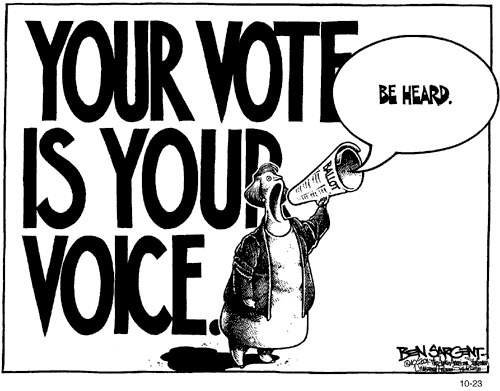
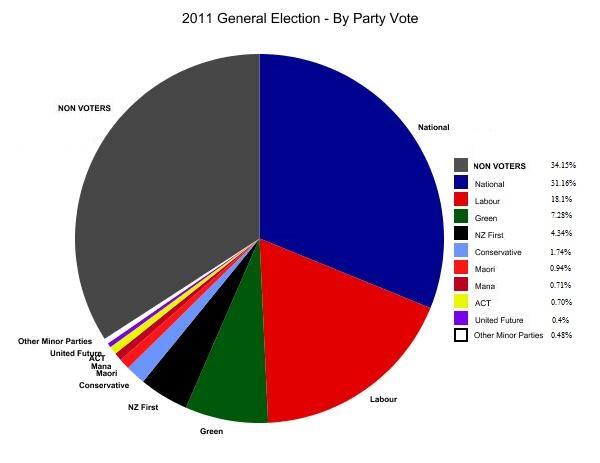
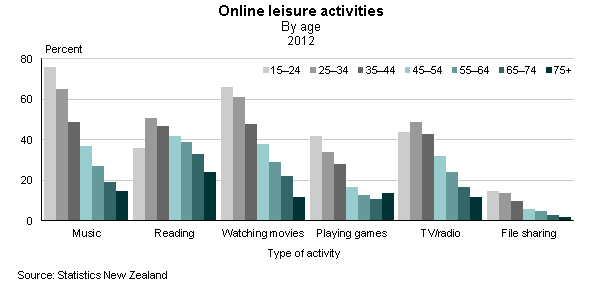

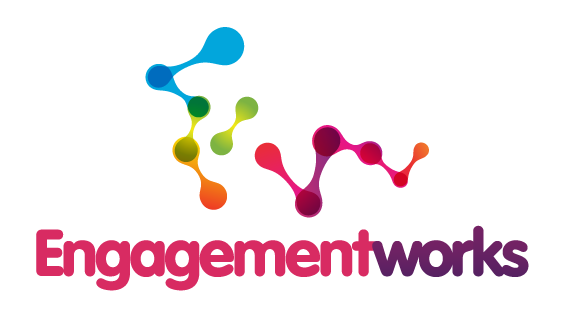
 RSS Feed
RSS Feed
